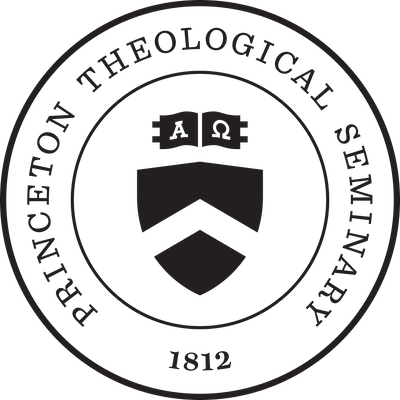The Princeton Lectures on Youth, Church, and Culture
1999 — An Unexpected Prophet: What the 21st-Century Church Can Learn from Youth Ministry
Introduction
Youth ministry is not just about youth. It’s about ministry, period. By its very nature, adolescence embodies, sometimes acutely, fundamental concerns about being human: Who am I? Whom can I trust? What does it mean to be in communion with others? As a result, youth ministry invites transformation for the entire church and not for youth alone. As we look for ways to renew the church in Christ’s name, we can’t afford to overlook a prophet in our hometown: ministry for, by, and with the young people among us.
The 1999 Princeton Lectures on Youth, Church, and Culture have significant implications for ministry with youth, but they are no less important for the church at large. Kenda Creasy Dean suggests that youth ministry is the point at which Christians should reclaim a theology of desire—not for the sake of youth ministry, but for the sake of the church. Dean then posits that the postmodern crisis of fidelity calls the contemporary church to reclaim holy friendship as central to the life of faith.
Jürgen Moltmann reflects on Jacob’s struggle with God at the Brook Jabbok, on his own journey to faith as a young prisoner-of-war, and on prayer as watchful expectation. He calls Christians to watch for the hidden “yes” in the suffered “no” of God. Moltmann also addresses how one becomes a “true” theologian, exploring the personal side of theology and its existential depths.
Cynthia Rigby unpacks the practical implications of the doctrine of the Trinity for youth ministry and for the church and demonstrates how this doctrine can help us understand the mystery of our friendships with God and with one another. She then looks at the doctrine of the incarnation from the perspective of young people seeking relevance for today and arrives at timeless truths for all God’s people.
Eugene Rivers calls the church to move from a ministry of church maintenance to a ministry of true reconciliation and justice. He challenges us to listen to those beyond our comfort zone that we might serve as faithful witnesses to Christ in the new millennium. May you find these lectures to be unexpected prophets, calling you to new understandings and new forms of ministry.
Faithfully Yours,
Amy Scott Vaughn
Director of Leadership Development
Princeton Theological Seminary
1999 Lectures
- Kenda Creasy Dean
- Jürgen Moltmann
- Cynthia L. Rigby
- Eugene F. Rivers III
